We live in a consumer society that produces a lot of waste.
Trash cans are overflowing, landfills are overflowing and the oceans are polluted with tons of plastic.
However, more and more people are realizing the impact of their actions on the environment and are looking for ways to reduce their waste at home.
This is why it is important to educate people about ways to reduce their waste and help them adopt a more sustainable lifestyle.
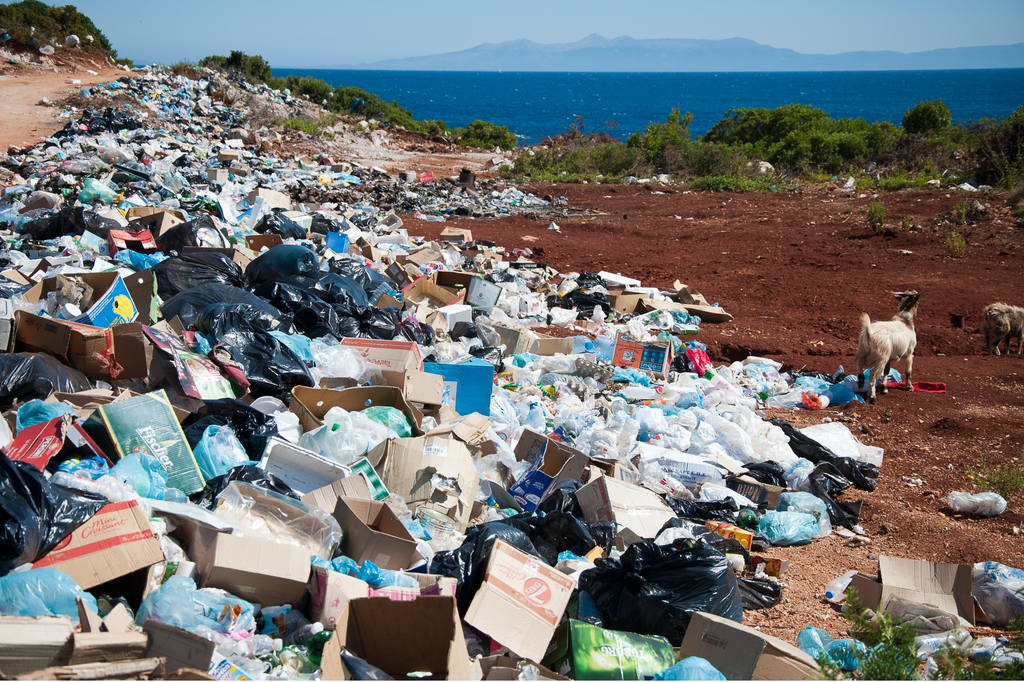
It is interesting to note that reducing your waste does not mean becoming perfectly zero waste, but rather taking concrete steps to reduce the waste you produce.
There are many ways to reduce waste at home, from small changes to daily routine to investing in sustainable products.
In this article, we will explore different ways to reduce waste at home.
We'll show you how being aware of what you throw away is the first step to reducing your waste, how focusing on sustainable products can help you reduce your waste, and how using zero waste products can help you reduce your waste even further.
We will also introduce you to practical zero waste products available on our e-commerce site to help you adopt a more sustainable lifestyle.

Summary

I. Become aware of what we throw away
The first step to reducing waste is to become aware of what you throw away.
This means becoming aware of what we consume and the impact of our choices on the environment.
It is necessary to start by realizing what we throw away every day so that we can then act to change it.
There are many ways to become aware of what you throw away, but one of the simplest is to start keeping a waste journal.
For a week, write down everything you throw into the trash in your home.
You can even sort them by categories, like organic waste, recyclable waste, and non-recyclable waste.
This will give you an idea of what you throw away most often and where you can focus your efforts to reduce your waste.
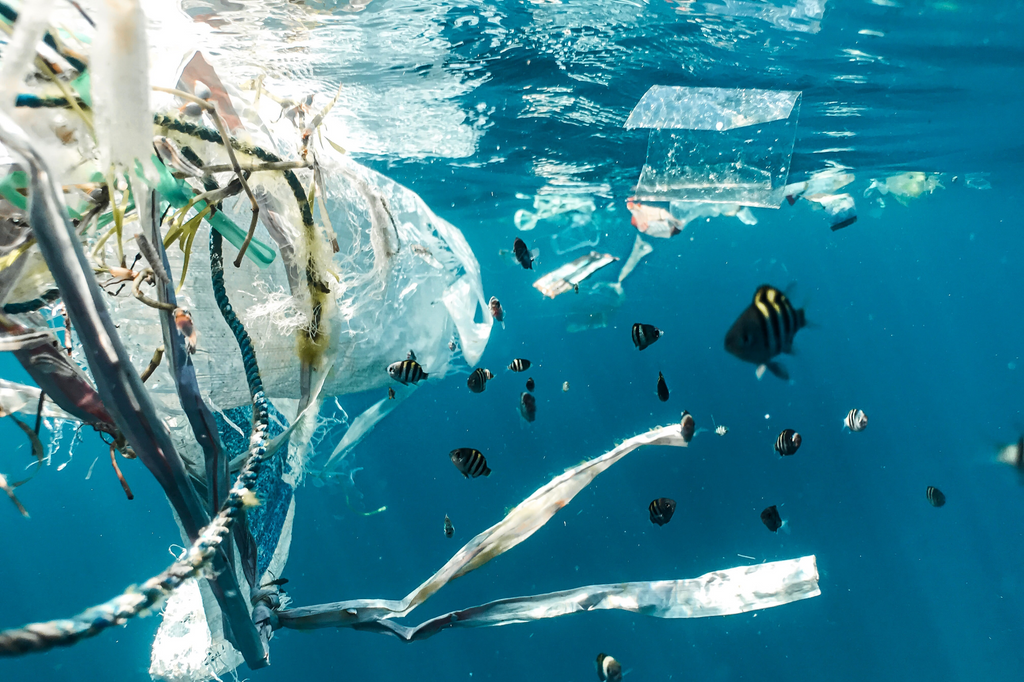
It is also important to take concrete steps to reduce the waste you produce.
This can include simple things like taking a plastic bag or reusable purse for your groceries and avoiding buying individually packaged products.
You can also use cloth bags to pack your fruits and vegetables instead of disposable plastic bags.
If you order takeout, ask that they not give you plastic cutlery.
It is also worth remembering that waste reduction is an ongoing process.
It's likely that you won't be able to completely eliminate your waste, but every small step you take to reduce your waste contributes to a more sustainable future for everyone.
It is therefore important to continue to be aware of what we throw away and to look for new ways to reduce our waste.
In conclusion to this first part, becoming aware of what you throw away is a crucial step in reducing your waste.
Keeping a waste diary, adopting more conscious consumption habits and taking concrete steps to reduce the waste we produce are key elements in successfully achieving this goal.
It is important to remember that reducing waste is an ongoing process and to continue to educate yourself and look for new ways to reduce waste.

II. Favor sustainable products
Another way to reduce waste is to favor sustainable products.
Durable products are designed to last longer, be easily repaired or replaced, and have a reduced environmental impact.
It's important to prioritize these products because they reduce the amount of waste you produce and contribute to a more sustainable future.
There are many durable products you can use to replace disposable products.
For example, you can use cloth napkins instead of disposable wipes, bamboo cotton swabs instead of plastic cotton swabs, and razors with interchangeable heads instead of disposable razors.
These products can be used many times and have a lower environmental impact than their disposable counterparts.

It is also essential to favor products made locally and ethically.
Local products generally have a lower environmental impact because they don't have to be transported long distances, and they also support the local economy.
Ethical products, on the other hand, are manufactured under fair conditions for workers and the environment.
By choosing these products, you can not only reduce your waste, but also contribute to a more sustainable future for everyone.
It's also important to note that durable products may have a higher initial cost, but they are generally more economical in the long run because they last longer and don't need to be replaced as often.
 It is therefore relevant to consider not only the initial cost, but also the long-term cost when making purchasing choices.
It is therefore relevant to consider not only the initial cost, but also the long-term cost when making purchasing choices.
In summary, choosing sustainable products is another way to reduce waste.
Durable products are designed to last longer, be easily repaired or replaced, and have a reduced environmental impact.
It is important to prioritize these products because they reduce the amount of waste you produce and contribute to a more sustainable future.
Favoring products made locally and ethically helps support the local economy and fair conditions for workers and the environment.

III. Practice composting
Composting is another way to reduce waste at home.
It consists of transforming organic waste into a nutrient-rich amendment for the soil.
Composting significantly reduces the organic waste you produce, while producing natural fertilizer for your plants.
There are two types of composting: kitchen composting and garden composting.
- Kitchen composting involves collecting organic kitchen waste such as vegetable peelings, egg shells and coffee scraps, and storing them in a compost bin or compost pile outside.
- Garden composting involves adding organic waste such as leaves, grass clippings and vegetable peelings to an outdoor compost pile.
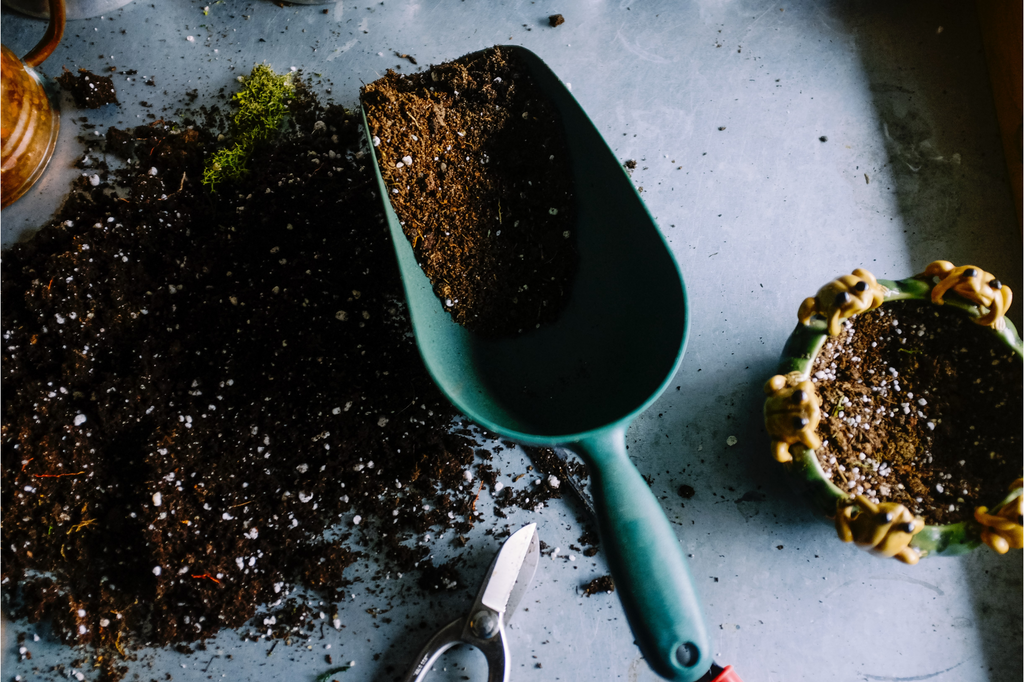
It should be noted that some items should not be composted, such as meat scraps, bones, citrus peels and raw potato peels.
It is also important to maintain a good balance between green materials (leaves, grass) and brown materials (dry leaves, wood chips) to ensure an efficient decomposition process.
Composting may seem intimidating, but it's actually very simple to do.
There are plastic or wooden compost bins available to purchase or tutorials for building your own compost bin.
There are also community composting services that collect organic waste from citizens to compost it in large quantities.
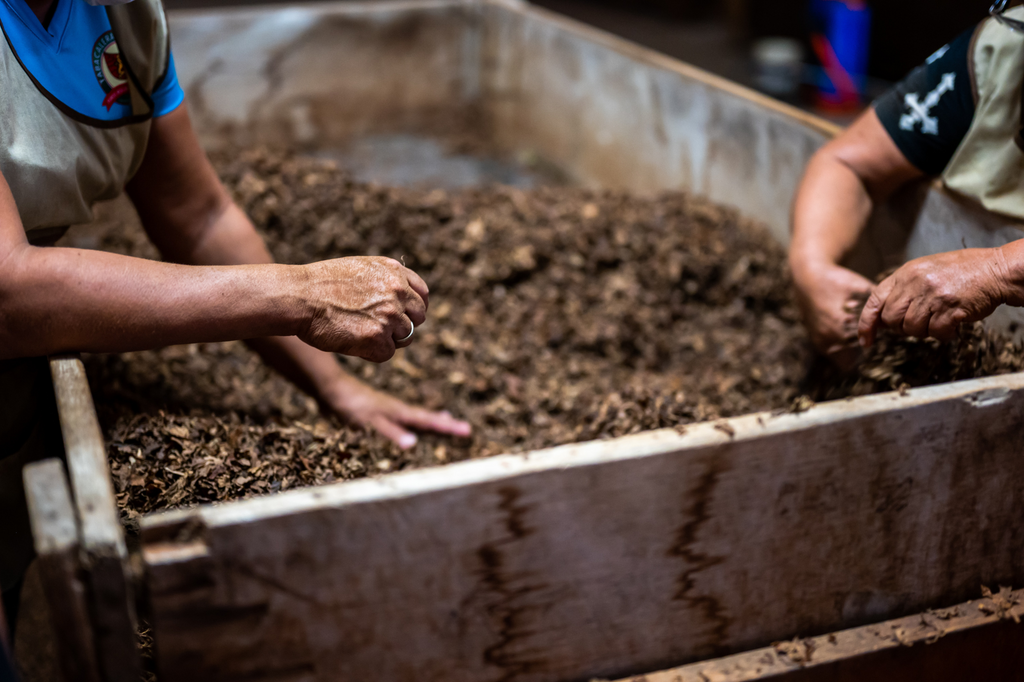
In summary, composting is an excellent way to reduce the organic waste we produce at home.
It transforms organic waste into a nutrient-rich amendment for the soil, while reducing the waste produced.
There are two types of composting, kitchen composting and garden composting, which collect organic waste from different sources.
It is important to have a good understanding of what can and cannot be composted, and to maintain a good balance between green and brown materials to ensure an efficient decomposition process.
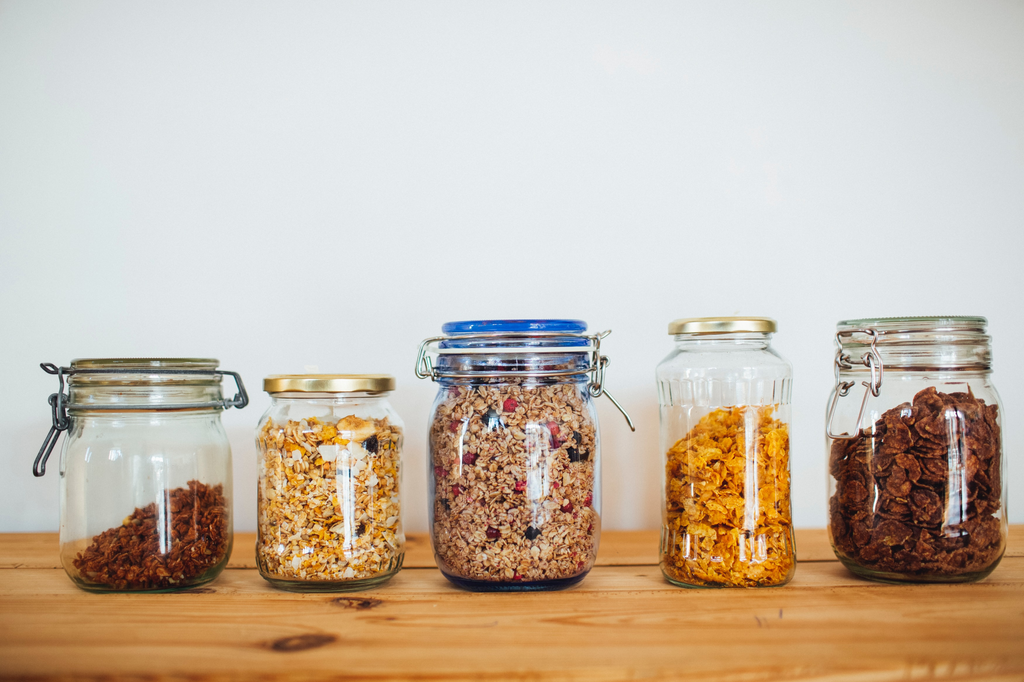
IV. Use zero waste products
Using zero waste products is another way to reduce the waste we produce at home.
Zero waste products are designed to be reusable, repairable or compostable, and generally have a lower environmental impact than disposable products.
There are many zero waste products you can use to replace disposable products.
For example, you can use reusable water bottles instead of disposable plastic bottles, cloth napkins instead of disposable paper napkins, and bamboo cotton swabs instead of disposable plastic cotton swabs.
It is also important to favor handmade or artisanal products, which are generally made from sustainable and eco-friendly materials.

Handmade products generally have a longer lifespan than industrial products, and they also support the local economy.
It's worth noting that zero waste products may have a higher initial cost, but they are generally more economical in the long run because they last longer and don't need to be replaced as often.
It is worth considering not only the initial cost, but also the long-term cost when making purchasing choices.
It must be remembered that zero waste does not mean the total absence of waste, but rather the reduction of waste produced.
It is therefore essential to continue to look for new ways to use zero waste products and to continue to reduce the waste produced.

In summary, using zero waste products is a great way to reduce the waste we produce at home.
Zero waste products are designed to be reusable, repairable or compostable, and generally have a lower environmental impact than disposable products.
It is important to favor handmade products, which are usually made from durable and environmentally friendly materials.
It is also essential to consider the long-term cost when making purchasing choices and to continue to look for new ways to use zero waste products to continue to reduce the waste produced.
Finally, it is necessary to remember that zero waste does not mean the total absence of waste, but rather the reduction of waste produced.
It is therefore appropriate to continue to look for new ways to use zero waste products and to continue to reduce the waste produced.
Supporting businesses and brands that focus on sustainable and zero waste products is a great way to participate in this movement.
There are many zero waste products available on the market, such as bulk bags, reusable containers, eco-friendly cleaning products, and eco-friendly personal care products.
By using these products, you can significantly reduce the waste you produce and contribute to a more sustainable future for everyone.

V. Adopt a more sustainable diet
Adopting a more sustainable diet is another way to reduce the waste we produce at home.
Sustainable eating focuses on consuming local, seasonal and quality products, while reducing packaging and food waste.
It is essential to favor local products because they generally have a lower environmental impact because they do not have to be transported long distances.
Seasonal produce is also more sustainable because it is grown when climatic conditions are most favorable for its growth, reducing energy requirements for production.
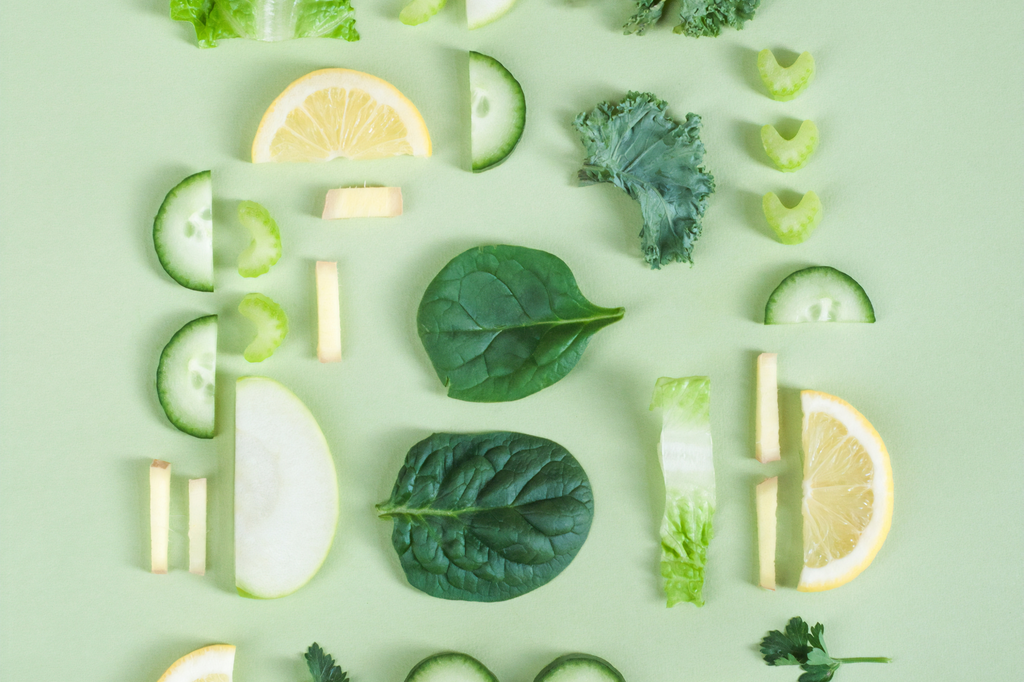
Finally, favoring quality products allows you to reduce waste by purchasing less often products that spoil quickly.
Reducing packaging and food waste by buying products in bulk, using reusable containers and planning your meals to avoid excess is essential.
It is also important not to waste food and to cook leftovers to avoid throwing away food.
Finally, it is worth remembering that food choices have a significant environmental impact.
We must favor ecological foods and reduce our consumption of meat and dairy products, because the production of these foods is very energy-intensive and generates large quantities of greenhouse gases.
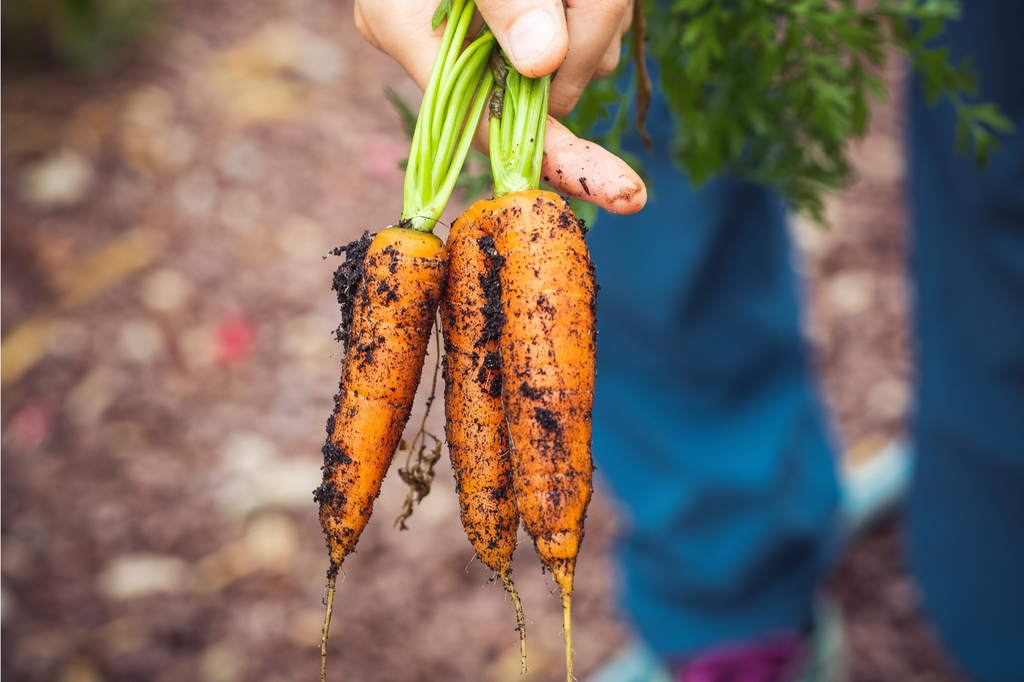
In summary, adopting a more sustainable diet is a great way to reduce the waste we produce at home.
Sustainable eating focuses on consuming local, seasonal and quality products, while reducing packaging and food waste.
Local, seasonal and quality products should be favored to reduce the environmental impacts of food production.
It is necessary to reduce packaging and food waste by purchasing products in bulk, using reusable containers and planning meals to avoid excess.
Taking into account the environmental impacts of our food choices and favoring ecological foods and reducing our consumption of animal products to reduce greenhouse gas emissions must be at the heart of our concerns.
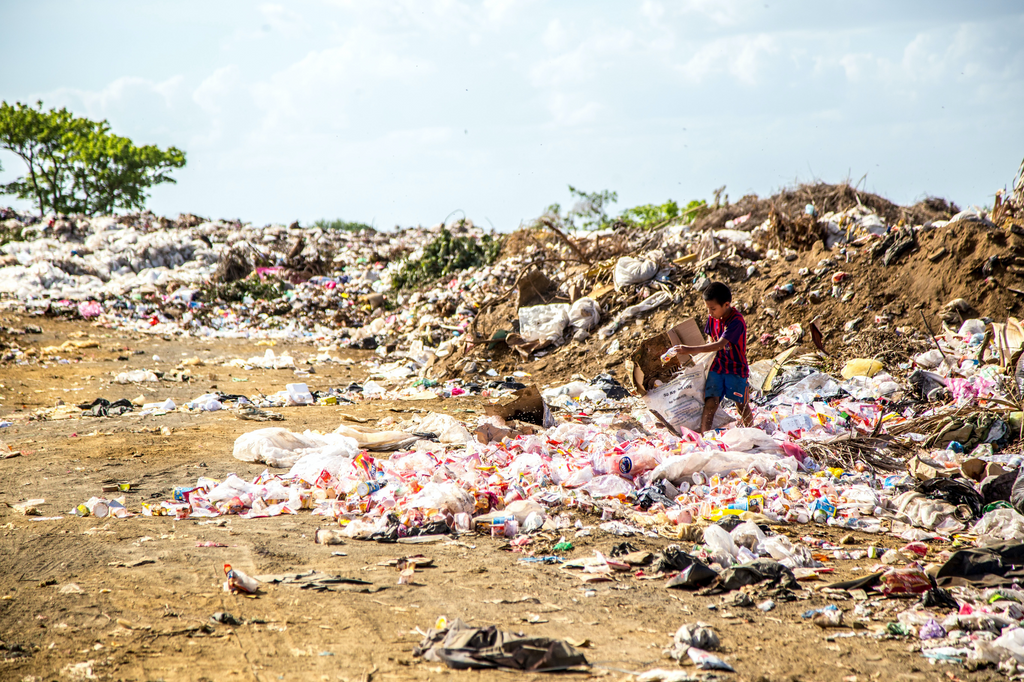
VI. Conclusion
In conclusion, there are many ways to reduce the waste we produce at home.
Becoming aware of what you throw away is a crucial step in achieving this goal.
Keeping a waste diary, adopting more conscious consumption habits and taking concrete steps to reduce the waste we produce are key elements in successfully achieving this goal.
It is also important to favor durable products, which are designed to last longer, be easily repaired or replaced, and have a reduced environmental impact.
Composting is another way to reduce organic waste at home by turning waste into a nutrient-rich soil amendment.
Using zero waste products is a great way to reduce the waste you produce at home.
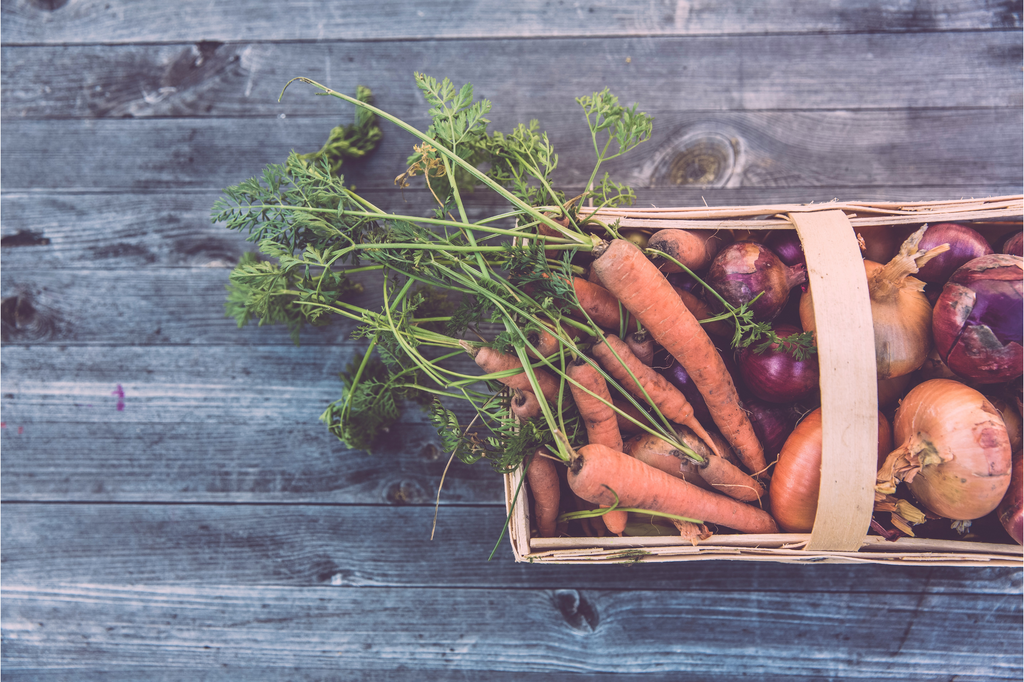
Adopting a more sustainable diet is another way to reduce food-related waste and environmental impacts.
It is essential to remember that reducing waste is an ongoing process and it is important to continue to educate yourself and look for new ways to reduce waste.
It is also necessary to make others aware of this cause and show them how they can reduce their waste.
Finally, supporting companies and brands that focus on sustainable and zero waste products to ensure a more sustainable future for all is essential.
By adopting these practices, we can all contribute to a more sustainable future and to reducing the waste that invades our lands and oceans.

It is also important to remember that reducing waste does not only rely on individual actions, but also on the policies and practices put in place by governments and businesses.
It is therefore essential to support initiatives and laws aimed at reducing waste and promoting sustainable practices.
In short, reducing waste is a challenge that requires awareness, changes in habits and a desire to be informed and act.
By adopting these practices, everyone can contribute to a more sustainable future, a cleaner planet and healthier communities.
Remember that all actions count, even the smallest, and that together we can make a big difference.
👉Discover our zero waste products here: https://www.oceansrespect.com/collections/zero-dechet



